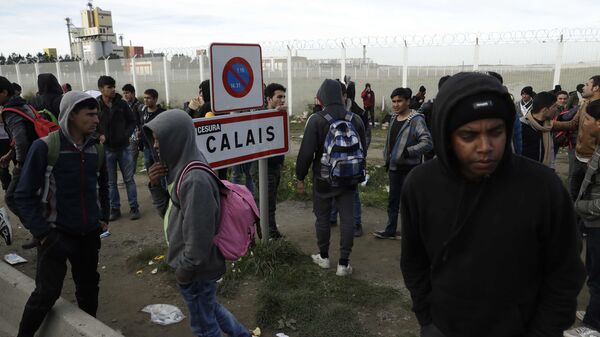"It is estimated that up to 900 migrants and asylum-seekers in Calais, 350 in Grande-Synthe, and an unidentified number at other sites elsewhere along the northern French coast are living without adequate emergency shelter and proper access to drinking water, toilets or washing facilities," the UN body's statement read.
According to Special Rapporteur on the human rights to water and sanitation Leo Heller, some migrants have to wash in polluted rivers or lakes as they lack access to relevant facilities.
READ MORE: Paid Leave: France Offers Migrants €2,500 to Return Home
Heller also stressed that France had made some efforts to resolve the issue, however, that they were not sufficient.
"Some efforts have been made, but not enough. I am concerned that for every step forward, two steps are taken back," he said, adding that national as well as international authorities had to pay more attention to the problems of migrants along the northern French coast.
According to the statement, since 2017, the French authorities have taken temporary efforts to provide migrants with emergency shelter, drinking water, and sanitation, including hosting about 200 migrants in a sports center in Grande-Synthe.
Migrants are entitled to human rights regardless of their status, the organization stressed, adding that by dismantling migrant camps France was violating its international human rights obligations.
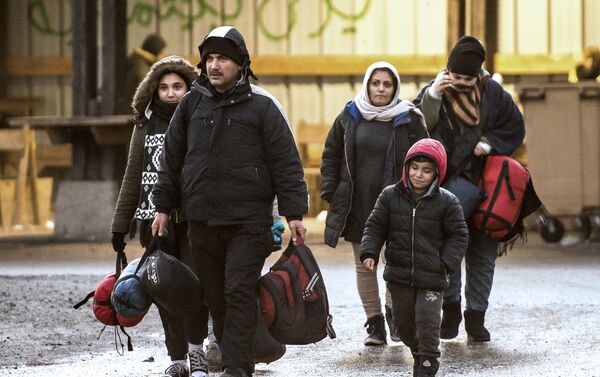
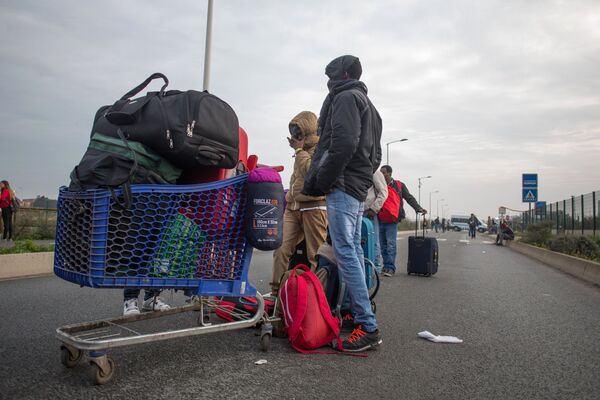
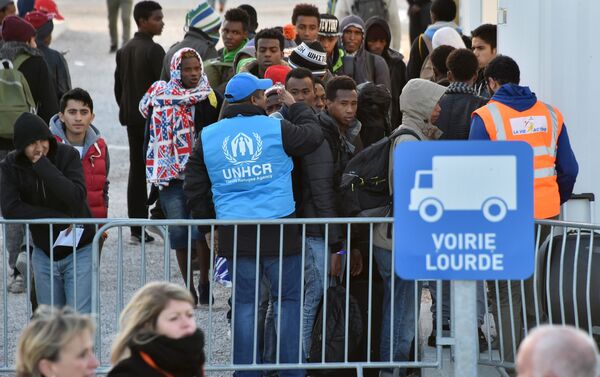
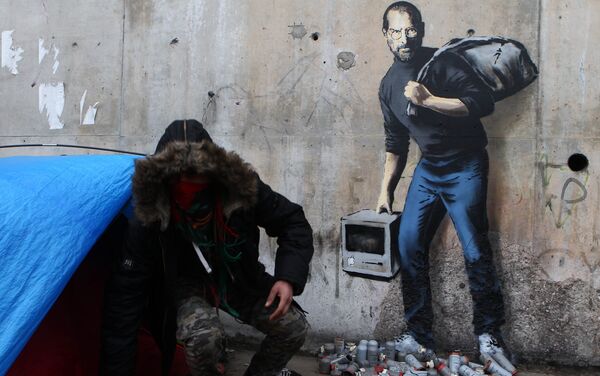
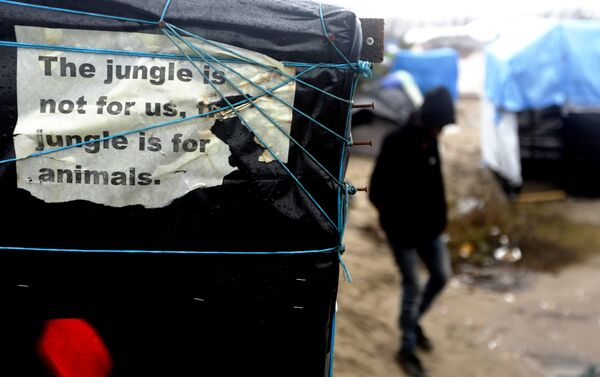
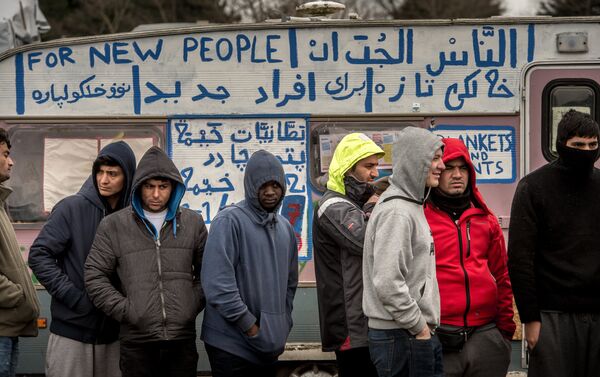
The OHCHR also urged France to ensure protection and safety for volunteers and members of non-governmental organizations who provide humanitarian aid in the region.
France, as well as a number of other European states, has been significantly affected by the ongoing migration crisis. One of the French northern-coast cities, Calais, which is located near the French side of Channel Tunnel connecting the country with the United Kingdom, has for years been home to hundreds of migrants trying to cross the border. In 2016, the migrant camp in Calais was dismantled due to the horrible living conditions there. Even though the camp was dismantled, asylum seekers and refugees still arrive at the city and are forced to stay on French soil.
READ MORE: Belgian MP: Italy Gov’t Misreads Its People in Slamming France on Migrant Search
In 2017, over 100,000 migrants and refugees applied for asylum in France, which became the highest number in the past 40 years. In January, French Interior Minister Gerard Collomb said that around 26,000 illegal migrants were sent back in 2017, noting that forced returns had increased by 14 percent compared to previous years.

